Climate Change & Heritage
Australian Academy of the Humanities 2021-09-28
Climate change threatens many-valued parts of Australia’s heritage estate – both cultural and natural – from the Great Barrier Reef, Kakadu and alpine regions to thousands of historical places and cultural records housed around the country. At the same time, there are many other threats to heritage: mining activity, land-use change, trammelling of Indigenous rights, insufficient legislative protection. Heritage is often thought of as the bits of the past that we want to preserve. How might we need to rethink it in the volatile times of climate change? Do we need to reconceptualise heritage completely? What can we learn from the international context?
Speakers
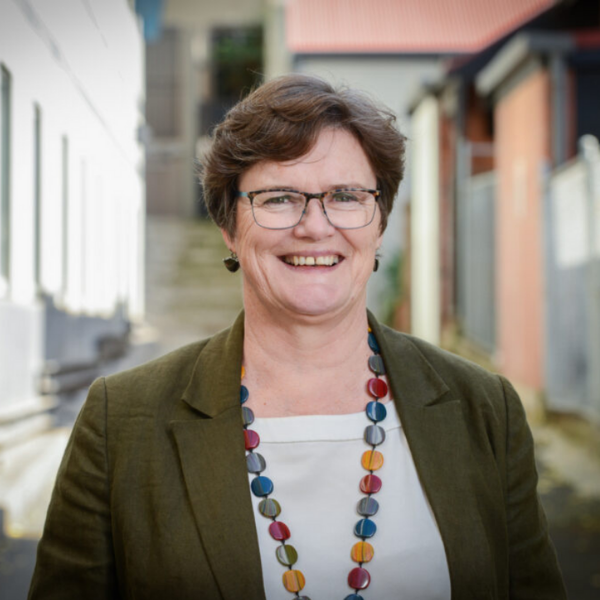
Professor Lesley Head
Lesley was elected to Fellowship in the Academy in 2004, taking up the role of President in November 2020.
Professor Head is currently Redmond Barry Distinguished Professor Emeritus at the University of Melbourne. She has contributed to international debates about relationships between society and nature and her most recent research has been on the cultural dimensions of environmental issues including climate change.
She held an ARC Australian Laureate Fellowship at the University of Wollongong from 2009-14 where she was Director of the Australian Centre for Cultural Environmental Research. She was King Carl XVI Visiting Professor in Environmental Science in Sweden from 2005-06 and was awarded the Vega Medal of the Swedish Society for Anthropology and Geography in 2015.
Twitter: @ProfLesleyHead
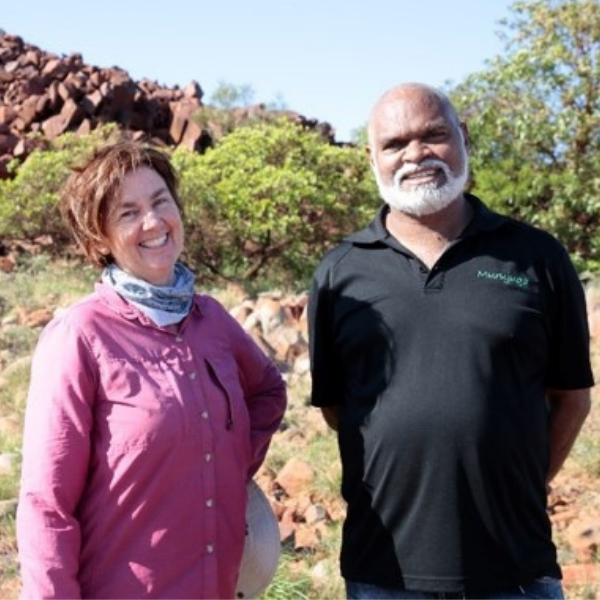 Left: Professor Jo McDonald Right: Peter Jefferies
Left: Professor Jo McDonald Right: Peter JefferiesProfessor Jo McDonald
Jo McDonald is the Director of the Centre for Rock Art Research + Management at The University of Western Australia. She holds the Rio Tinto Chair in Rock Art Studies, funded by Rio Tinto’s Conservation Agreement with the Commonwealth for Murujuga. She has been recording rock art around Australia since the 1980’s. As well as working on scientific values reports for the Dampier Archipelago National Heritage Listing (2006) and its Outstanding Universal Values for the Heritage Council (2011), Jo has been involved in a number of research projects across the archipelago, documenting rock art, excavating archaeological sites, and looking for submerged cultural heritage. Jo is currently working with a big multidisciplinary team trying to date the Archipelago’s rock art and other environmental proxies, which tell the story of extreme climate change over the course of human history in this place. She will lead the newly awarded Desert to the Sea ARC Project.
Peter Jefferies
Peter Jeffries is a senior Pinikura man on his mother’s side and is Ngarluma on his father’s side. Peter is known on lore grounds across the Pilbara for his cultural knowledge and collaborative approach. As Chief Executive Officer of Murujuga Aboriginal Corporation, Peter applies his cultural knowledge and regional experience to steer the community towards better management and protection of the Murujuga cultural estate and is leading the Murujuga community’s quest for World Heritage status. He works at the State and National level for this (and other) rock art protection and management issues across the Murujuga heritage estate and has been engaged with UWA researchers since joining MAC to make sure there is a two-way conversation about Indigenous knowledge and western science. He is a Partner Investigator on the Murujuga Dating ARC Project, and on the newly awarded Desert to the Sea ARC Project which focuses on intergeneration knowledge transfer, long distances cultural connections and the interconnectedness of water, rock art and mythological narratives.
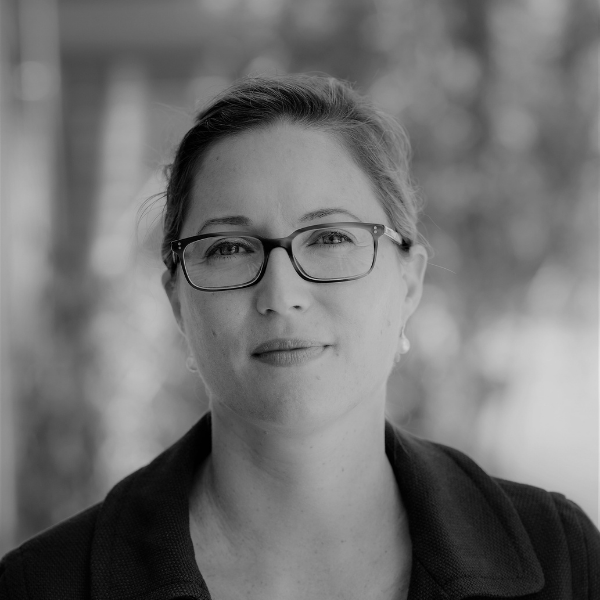
Professor Tiffany Morrison
Tiffany Morrison co-leads the People and Ecosystems program in the ARC Centre of Excellence for Coral Reef Studies at James Cook University. Her research combines theoretical and empirical insights from political science, human geography, and ecology to improve the governance of World Heritage. She has worked extensively in Australia, the Asia-Pacific, and the US. The current focus of her program is on uncovering hidden political levers for addressing climate change. She has published on this topic in Nature, Nature Sustainability, PNAS, and Global Environmental Change.
Twitter: @TH_Morrison @CoralCoE
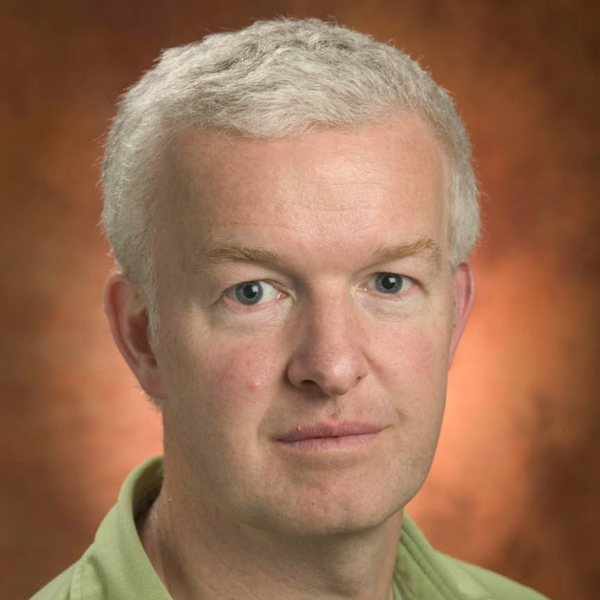
Associate Professor Chris Ballard
Chris Ballard teaches and does research on history, archaeology and anthropology at The Australian National University in Canberra, Australia. He has over 35 years of experience working with Indigenous communities, mostly in Indonesia and the Pacific (Papua New Guinea and Vanuatu), on a range of issues, including agricultural systems and colonial encounters, land rights and human rights, oral traditions and cultural heritage, and disasters and epidemics. He was lead researcher and author on the successful nomination of the World Heritage site of Chief Roi Mata’s Domain from 2005, and continues to work with the Indigenous custodians of the site; since 2016, he has been working with UNESCO’s Living Heritage Unit on the relationship between culture and emergencies (including conflict and disaster).
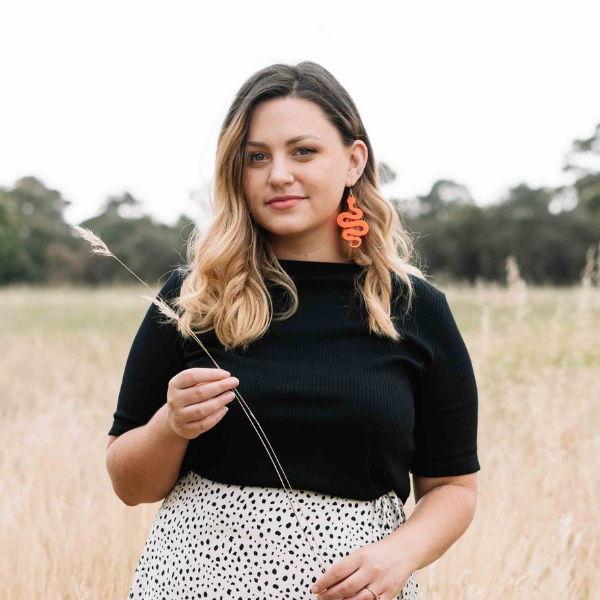
Ms Maddison Miller
Maddi is a Darug woman living on Woi Wurrung Wurundjeri lands. She is an archaeologist and researcher at The University of Melbourne looking at Indigenous ecological knowledge and two-way knowledge production. Yilabara Ngara is a sound installation Maddi created for Emu Sky, an exhibition at the Old Quad at UniMelb. The sound installation focusses on Aboriginal women and their connection to Country. The exhibition is set to run until mid-2022.
Twitter: @millermaddi_
The post Climate Change & Heritage appeared first on Australian Academy of the Humanities.